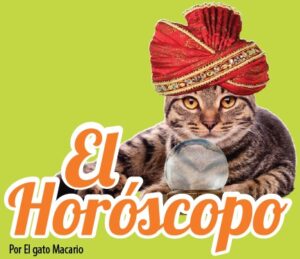As in humans, solar radiation and ultraviolet rays also affects dogs and cats, especially those of white mantle, albinos, and partially depigmented in different parts of the body, mainly in feet, nose, ears and trunk .
We will describe the most common disorders that can identify and you could go with your doctor to advise you properly.
Albinism
An inherited congenital condition that occurs in dogs and cats of any breed that causes a decrease in pigmentation and melanin production in skin, eyes and hair.
Albins dogs and cats has always translucent blue eyes, with nose and rims with color pink. The reduced pigmentation in the skin and eyes causes a marked photosensitivity (partially or fully closed eyes to sunlight) and increases the risk of skin damage from the sun. That is why special care must be taken in their eyes and skin. Example, do not bring them out in hours which the sunlight is too strong.
Over time an albino dog tends to have blindness and hearing problems.
Albinos Dogs and cats can live well if cared properly, but reproduction is not recommended to avoid other cases of albinism.
Canine Solar Dermatosis
With repeated exposure to ultraviolet light may develop precancerous lesions, the most affected areas in dogs are in trunk and nose. Animals that develop greater sensitivity are living in exteriors.
Breeds that predispose Solar dermatosis trunk injuries are white Boxers and Bull Terriers, American Stafordshire the Terriers, Beagles, Dalmatians and German Shorthaired Pointers. The injuries range from flaking, crusting, erosions, and ulcers irregular thickening, among others. It occurs more frequently in ventral and lateral sides of the abdomen and the inside of the thighs, but may also have lesions on the sides, the tip of the tail or distal part of the extremities. Nasal lesions and adjacent hairless skin without pigmentation, become red and scaly. Continued exposure to the sun produces alopecia, crusts, erosions, ulcers and scars.
Dogs should avoid exposure to sunlight especially between 9 and 16 hours and should apply based sunblocks or zinc oxide sunscreens with titanium dioxide.
Feline Solar Dermatosis
At first it can be observed mild redness, scaling and alopecia of the skin with white hair. With continuous exposure to sunlight, the skin becomes progressively reddened, loss of hair, crusted, ulcerated and painful. It most often affects the tips and edges of the ears, but can also appear on the eyelids with white hair, nose or lips.
This disease is common in older cats who live in exteriors and cats living in the house and can take the sun. Affected cats should stay indoors and you should avoid taking the sun between 9 and 16 hrs. It can be apply, twice a day, sunscreen waterproof based on titanium dioxide with an SPF of 30.
Remember that the best option given to you is by your doctor. In Nuugi has s specialized veterinarians and different ranges of shampoos biodegradable for the benefit of your pet: http://bit.ly/18bRfsC

Nuugi Shampoo with conditioner 2 in 1
Nuugi Shampoo Aqua Marine
Nuugi Shampoo Green Apple
Moisturizing Nuugi Sampoo with repellent effect.
Nuugi Shamóo Relaxing Lavender
Nuugi Shampoo Kiwi Deodorizer with Conditioner
Nuugi shampoo Soft Oatmeal and almond oil




